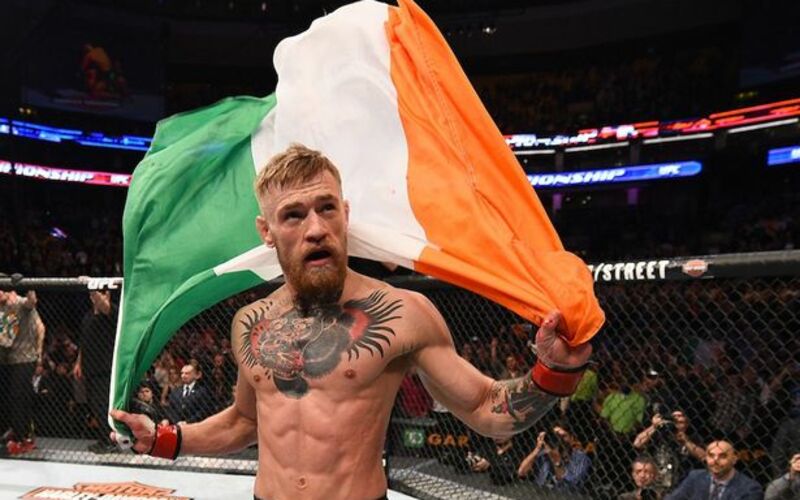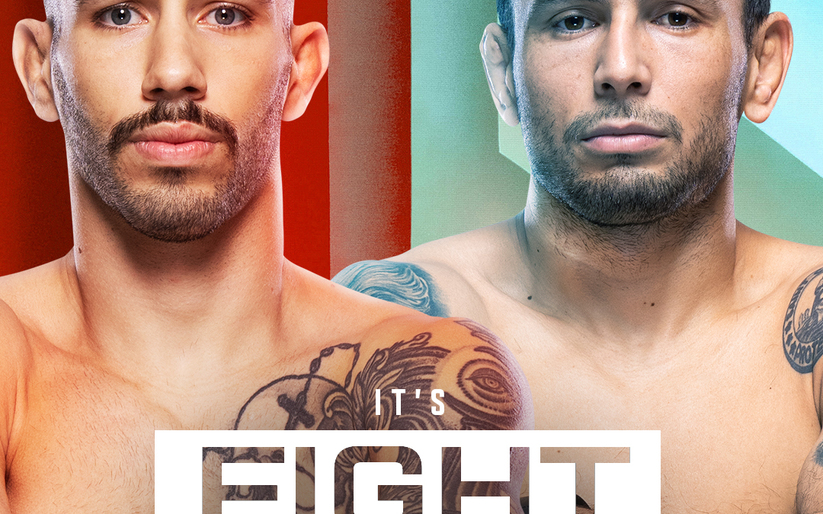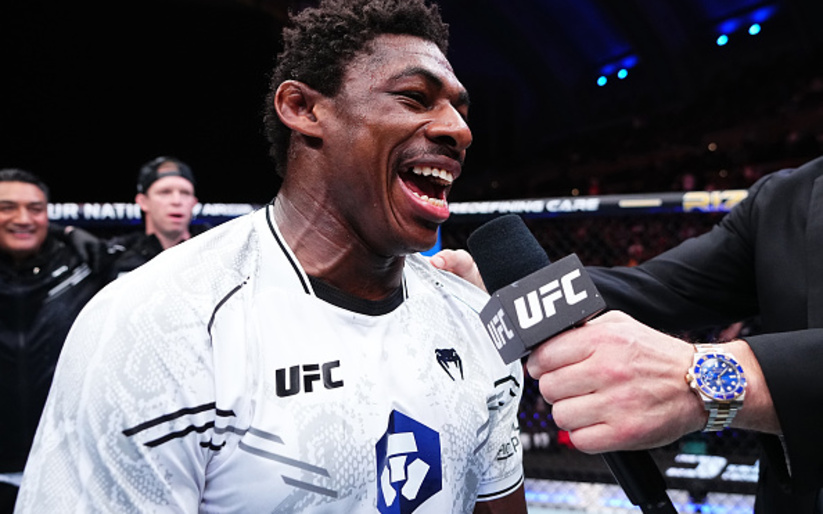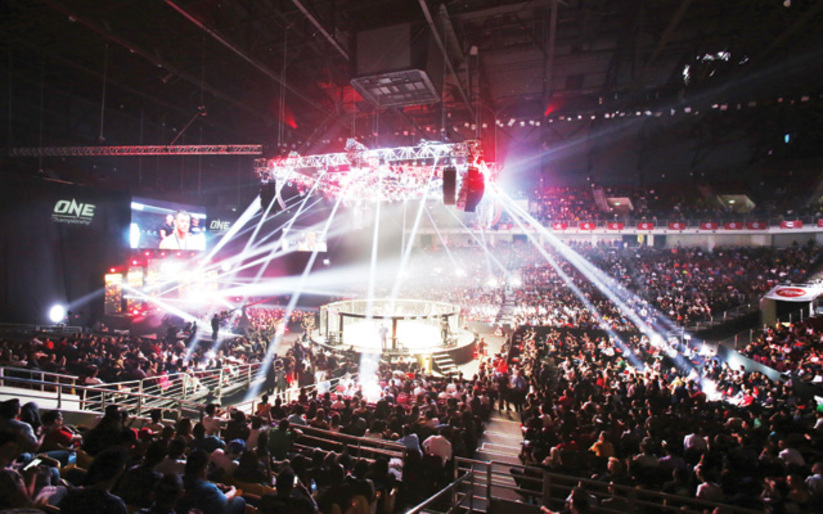UFC 196 demonstrated the risk component of matchmaking in MMA. Miesha Tate dug deep and choked out Holly Holm in round five, squashing a rematch between Holm and Ronda Rousey. Then, Nate Diaz pummeled Conor McGregor before submitting him with his own rear-naked choke, melting the Irish Icarus’s wings in process. Some androids believe the results of UFC 196 cost the promotion tens of millions of dollars.
McGregor, Holm losses won’t destroy UFC
But what has the UFC really lost here? Rousey likely returns against Tate, and perhaps much sooner than she would have for a rematch with Holm. The Tate fight has a built-in backstory with the additional wrinkle of Tate coming in as UFC champion. This is not a hard sell, and it sets up the Rousey “redemption” story that will get mainstream outlets aroused. (Imagine Rousey, through tears, telling Ellen DeGeneres how much inspiration she found in Travis Browne and his seed. Oh, and surprise! She’s having his baby!) The Holm rematch is now predicated on a series of fortunate events (Rousey needs to beat Tate, Holm probably needs to beat someone, Rousey needs to not retire), but it would make for a nice December PPV headliner, no?
The damage done to McGregor is more serious. His draw has been built on a self-imposed prophecy of taking over the UFC, and one that everyone seemed to have bought into after sending Jose Aldo crashing to the mat in 13 seconds. McGregor put in a great fight – he didn’t win Fight of the Night as a parting gift – but his overall performance inserted an Irish cheddar fart into his air of invincibility. He looked lazy throughout the fight chasing Diaz around the cage, his power didn’t seem to translate up in weight as he would have hoped, and the finishing sequence sure looked like a guy finding a way out.
McGregor was humble and self-reflecting in defeat, which should remind long-time fans (and it’s crazy to say this) of Chael Sonnen. Tapping to Diaz humanizes McGregor, making him a much more compelling human being at the expense of undercutting the character he’d built. The idea of him fighting for the welterweight title are likely over forever, let alone against Robbie Lawler at UFC 200. But it means McGregor will return to featherweight where he has two compelling matchups: the rightful rematch with Jose Aldo or a deserving contender in Frankie Edgar. Neither fight is the dream-world money maker that McGregor was trajecting towards, but, like Tate-Rousey III, either is a fight you can sell.
* * *
UFC 196 did provide a milestone that got drowned out by the “fuck yous” back and forth: McGregor became the first UFC fight to ever earn a disclosed, seven-figure payday. It’s not the first seven-figure payday in US MMA history (Andrei Arlovski made $1.5 M to fight Fedor Emelianenko in 2009), but it’s a milestone nonetheless.
If anything, it’s surprising that it took this long. The UFC has faced constant criticism for the wages it pays out in contrast to the details that leak out surrounding their financials. Pointing to disclosed million-dollar paydays seems like a sound counter-strategy fully in line with the UFC’s penchant for obfuscation. Instead, it’s taken 15 years and a force of personality like McGregor to force the promotion’s hand.
Related, Nate Diaz made $500,000 in disclosed pay.
* * *
While the McGregor and Holm losses damaged potential big-money fights, it’s tempting to think the promotion should go back to protecting their stars and those big-money fights. UFC 196 should instead be a lesson in why you should not do that.
As discussed earlier, the UFC is not without options. Tate-Rousey III is a money maker, and McGregor will get back on his horse and sell a fight with Aldo or Edgar or whoever. Those fights, potentially, aren’t as big as the alternatives, but they’ll still sell well enough.
More importantly, though, fights like Tate-Holm and Diaz-McGregor create lasting impressions for fans. It’s those lasting impressions that turn casuals fans into dedicated fans and dedicated fans into hardcore fans. Ask fans of any sport what hooked them and they’ll have point to these sorts of lasting impressions: the first time seeing the grass and dirt of a big-league ballpark, your favorite player hitting a buzzer-beater, the smell of ice and the clacking of sticks.
There was always a weird pushback to the idea of Anderson Silva and Georges St-Pierre fighting in their primes. But looking back in retrospect, would you not trade half of either’s UFC run to have had them fight one another? Were fights against Thales Leites, Demian Maia, and Patrick Cote as compelling as watching Silva deal with St-Pierre’s power double? Were fights against Dan Hardy, Jake Shields, and Josh Koscheck as enticing as St-Pierre figuring his way through Silva’s length and footwork? One of them would have had to lose and risk “brand damage,” but it’s those very risks that make big fights so compelling.



